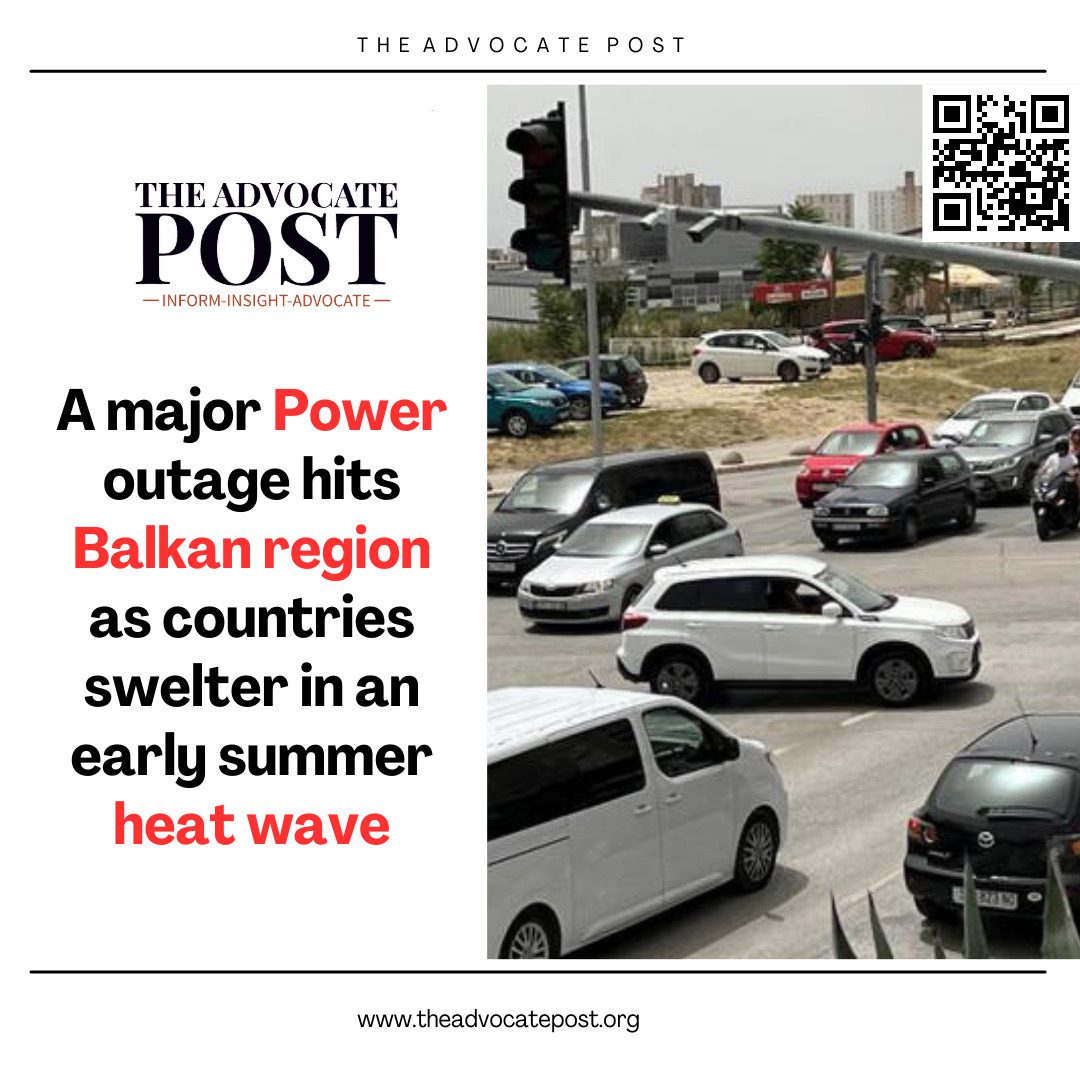News Desk
Four Balkan countries suffered simultaneous power cuts lasting several hours on Friday as the region sweltered in a summer heatwave.
The afternoon blackouts, which affected Albania, Bosnia, Montenegro, and a sizable portion of Croatia’s coast, were caused by a spike in electricity demand following home air conditioners being turned on to beat the intense heat.
Traffics lights in Bosnia and Croatia were knocked out, resulting in transportation mayhem in major cities including Split and Sarajevo.
Although suppliers claimed to have mostly restored power by the evening, they were still attempting to pinpoint the exact location of the failure in the interconnected power systems of the four countries.
When the outages were initially reported, water pumps in Podgorica, the capital of Montenegro, had completely stopped working at 13:00 local time (11:00 GMT).
The tourism season in Croatian destinations was also severely impacted by the power outage; visitors to Dubrovnik were left in chaos as eateries, bars, and groceries shuttered.
Over the course of the long, hot afternoon, temperatures in the area got close to 40C.
“A sudden increase in power consumption due to high temperature” was the reason, according to Montenegro’s Energy Minister Sasa Mujovic, who made this announcement on national TV.
Vijesti TV in Montenegro reported on a power transmission line fire in a rough terrain close to the Bosnian border, but the station could not explain how this may be related to the outages.
Authorities in Albania reported that although power was restored in thirty minutes, there was a significant chance of more blackouts due to the country’s high energy consumption.
The western Balkans are moving away from coal-based energy generation, which is mostly responsible for the region’s greenhouse gas emissions.
However, industry executives claim that despite a strong push to invest in solar energy, the aging power infrastructure is not yet completely prepared for the shift.





